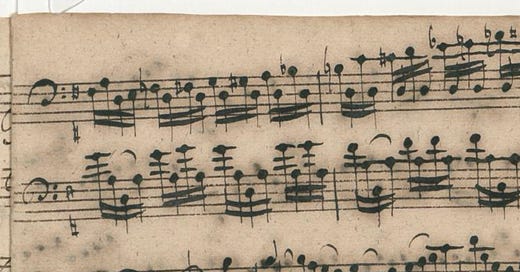The ideas below come from Verena Kast, a Swiss professor of psychology, who in 1991 published a book called Joy, Inspiration, and Hope. This special book, translated from German by Douglas Whitcher, is helping me think about the elated emotions in a fruitful way. I want to share this morning’s reflection on the prologue with you now.
“If we wish to pursue the question how human beings can be more powerfully united, we need to consider what kinds of life experiences can bring us into contact with a suprapersonal Self.” —Verena Kast (p. 6)
The positive emotions of joy, inspiration, and hope have significant transformative power. Why then do we regard them with such suspicion? Why is it that contemporary people are much more at peace with emotions of anxiety rather than joy?
In the field of depth psychology, for example, the darker emotions of rage, grief, and anxiety are way more thoroughly studied than the emotions of joy, inspiration, and hope. “Serious” people often dismiss the lighter, happier side of life.
We are much more familiar with the view of man as a creature of anxiety and not as a creature of joy.
But in truth, we are both; we need both solitude and relationship.
How can this balanced view of humanity be more established in our personal lives? What would society look like if the elated, positive emotions were more woven into our social and ritual arrangements?
It starts, perhaps, with a view of the elevated emotions as a divine activity, informed by the kinds of life experiences where we feel in contact with something much bigger than ourselves. Appealing to ancient ways of understanding, inspiration and ecstasy involve our union with a god.
I was a child when I first felt true inspiration. To this day my memory remains vivid. I was a brand new cello student, and my dad put on a recording of Yo-Yo Ma playing the first suite by Bach. As the melody soared to new heights, it seized my soul and took me with it on its way up, my first time, higher and higher, to a place that reflects the logic and heart of the bright and beautiful universe, shared for a brief moment by Bach and me.
Maybe that is why we sense danger from these seductive, elated emotions. We know they have tremendous power. Many of us have seen what excess (mania) looks like: a loss of contact with the cold hardness of reality. Real extreme joy is in opposition to real extreme sadness. Emotions of elation, like love, scare us for this very reason, and possibly have become unfamiliar to us because the fear has become ingrained.
However, this is a view of ungrounded elevated emotions. We are called instead to stand firm on the soil and pull down the positive emotions so that they can take form in concrete reality. These forms are expressions of the self: art, relationships, and community.
This is why hope is and must be the foundation for those emotions which allow us to transcend ourselves. Hope is about our attitude, our philosophical orientation towards the unknown. On the spectrum of anticipation, hope is on the other side of rigid expectation. Hope is an embodiment of openness.
When I imagine an open-hearted society, one where creativity and elation are commonplace, I imagine the individual people that make it up, that feel sustained by what they do, that live within a set of values which enable them to thrive. It is an image of the divine child protected by the positive mother living in symbiosis and wholeness and fullness.
I stand in the long line of believers in the transformation of our world through promising ourselves great deals of optimism. Like Kast, I believe these emotions are worth it and deserve our study.
It could be that the key to a new way forward lies hidden within your own relationship to joy and elation.
Are you open to embrace these transformative emotions and weave them more deeply into the fabric of your personal and social life? The path may be hard but it is not impossible.
The rewards of living in a more open-hearted, inspired world could be immense.
Citations
Audio: Yo-Yo Ma, Unaccompanied Cello Suite No. 1 in G Major, BWV 1007: I. Prélude
Kast, V. (1991). Joy, inspiration, and hope. Fromm International Publishing Corporation.
Thanks as always for reading!





